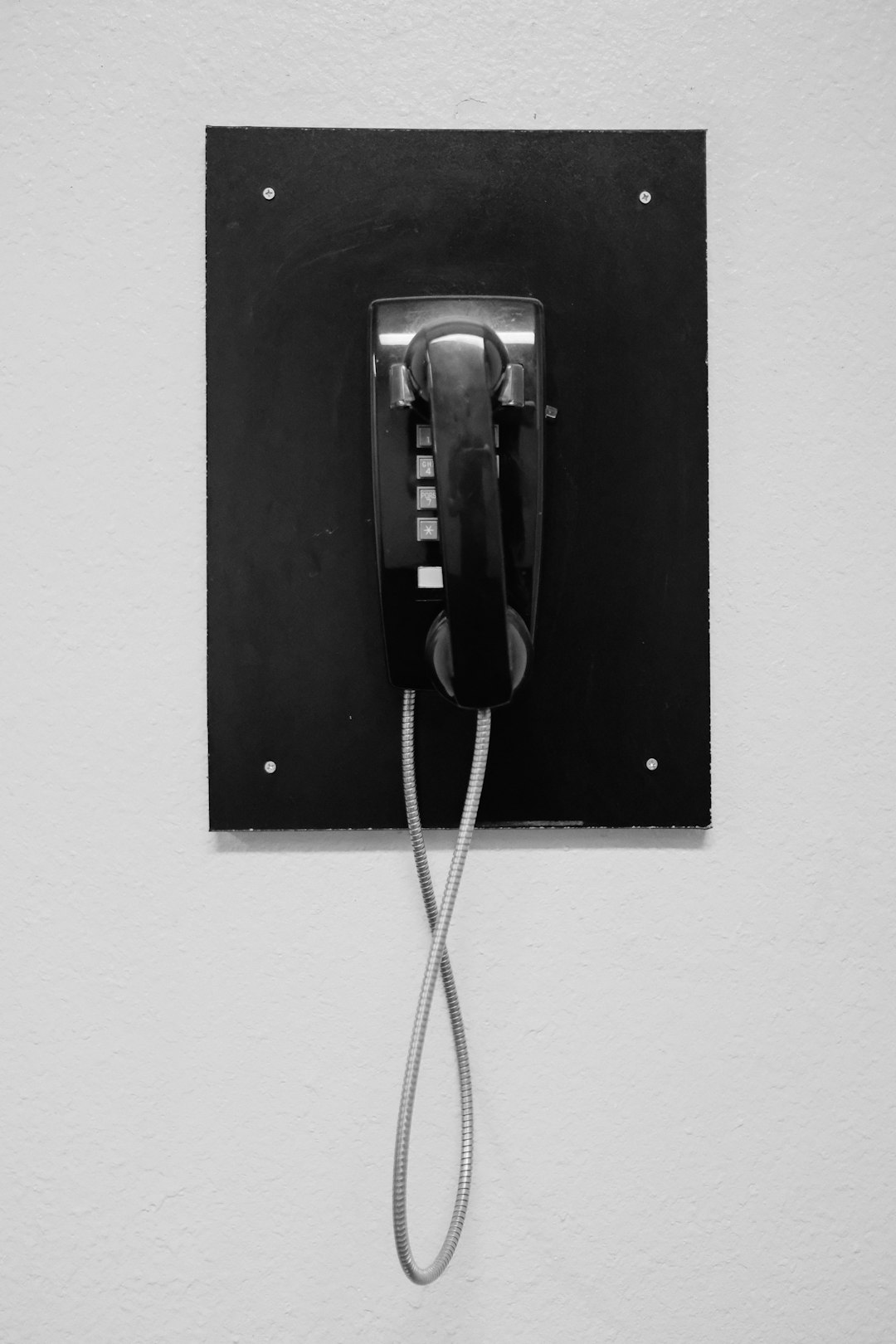"No Call" laws in Nevada, including specialized assistance from No Call Attorneys, protect residents from unwanted telemarketing calls by enabling them to register on do-not-call lists. Enacted in 2006 and strengthened in 2010, these laws balance business promotion rights with individual privacy, with strict fines for violators. While successes like lawsuits against major telemarketers have been achieved, evolving tactics pose challenges that require continuous adaptation. In the digital age, No Call Attorneys Nevada play a crucial role in safeguarding consumer privacy as global trends shift towards stricter privacy regulations and enhanced protections.
“Unwanted phone calls have long been a nuisance, but what happens when they become illegal? Explore the evolution of ‘No Call’ laws in Reno, Nevada, and their global impact. This article delves into the state’s unique approach to safeguarding residents from intrusive telemarketing practices. From the initial implementation to current case studies, we unravel the effectiveness of these regulations. Furthermore, we gaze into the future, examining how digital age advancements may shape privacy protection and consumer rights, with insights from top No Call Attorneys in Nevada.”
The Rise of No Call Laws: A Global Perspective

The concept of “no call” laws, or do-not-call lists, has evolved over time and gained prominence worldwide as a means to protect consumers from unwanted telemarketing calls. These regulations aim to balance the need for businesses to promote their products or services with individuals’ right to privacy and peace. The rise of no call laws can be traced back to concerns about consumer protection and the increasing number of unsolicited phone calls received by people around the globe.
In Nevada, specifically Reno, the implementation of do-not-call lists is a response to this global trend. A No Call Attorney in Nevada plays a crucial role in helping residents register their phone numbers on these lists, ensuring they are not contacted by telemarketers unless explicitly consented to. This law empowers citizens to have more control over their personal communication and offers a respite from relentless marketing calls.
Nevada's Approach to Protecting Residents from Unwanted Calls

Nevada has taken significant steps to protect its residents from unwanted telemarketing calls, with a strong focus on preserving consumer privacy and peace. The state’s approach to this issue is largely through the implementation of strict no-call laws. These laws empower Nevadans to take action against persistent or unauthorized phone solicitations by providing them with legal recourse. A No Call Attorney Nevada is often sought after by residents who feel their rights have been infringed upon by relentless telemarketers.
The legislation typically allows consumers to register their phone numbers on a ‘do not call’ list, ensuring they receive fewer marketing calls. Enforcement of these laws can lead to substantial fines for violators, serving as a deterrent for companies engaging in abusive telemarketing practices. This proactive measure reflects Nevada’s commitment to safeguarding its citizens from intrusive and unwanted communication, offering relief to those plagued by excessive phone solicitations.
The Implementation of No Call Laws in Reno: A Timeline

In 2006, Nevada enacted its first-ever “No Call” laws, specifically targeting telemarketers and unwanted sales calls. This move by the state was a response to the growing frustration among residents who were being bombarded with incessant phone calls. The implementation aimed to protect consumers from intrusive sales tactics and provide them with a respite from unsolicited marketing.
The Reno City Council soon followed suit, introducing more stringent regulations in 2010. These laws required telemarketers to obtain explicit consent before making any sales calls, further empowering residents of Reno, Nevada, to take control of their phone lines. With the help of No Call Attorneys in Nevada, who specialize in consumer protection law, these regulations have been successfully enforced, giving rise to a quieter and more peaceful city for its inhabitants.
Key Case Studies: Successes and Challenges in Enforcing No Call Regulations

The history of No Call laws in Reno, Nevada, is intertwined with case studies that highlight both successes and challenges in enforcing regulations aimed at protecting residents from unwanted telemarketing calls. One notable success story involves a No Call Attorney Nevada who successfully sued a major telemarketing company for violating state law. The case set a precedent by securing substantial damages for affected residents, demonstrating the effectiveness of legal action in deterring abusive calling practices.
However, challenges remain. Despite legislative efforts and consumer complaints, telemarketers often find loopholes or employ novel strategies to bypass No Call laws. For instance, some companies use automated dialers that make calls en masse, making it harder to trace and hold accountable the individuals responsible for violations. These cases underscore the need for ongoing vigilance and adaptation in enforcement mechanisms to keep pace with evolving telemarketing tactics.
Future Trends: Enhancing Privacy and Consumer Protection in the Digital Age

As we move forward into the digital age, the landscape of consumer protection and privacy is continually evolving. One area that is seeing significant advancements is in the realm of no-call laws, which are designed to protect residents from unwanted telemarketing calls. With the rise of advanced technologies, such as automated dialing systems and robocalls, it has become increasingly important for laws to keep pace with these innovations. In Nevada, No Call Attorney Nevada play a crucial role in ensuring that consumers’ rights are safeguarded.
Looking ahead, there is a growing trend towards more stringent privacy regulations and enhanced consumer protection measures. With the increasing amount of personal data being collected and shared online, there is heightened concern about data security and privacy breaches. As such, future no-call laws may incorporate stricter penalties for violations, better tracking mechanisms to identify and block unwanted calls, and even more robust legal protections for consumers. The digital age demands innovative solutions to protect individuals’ privacy, and the evolution of no-call regulations is a testament to this ongoing effort.






